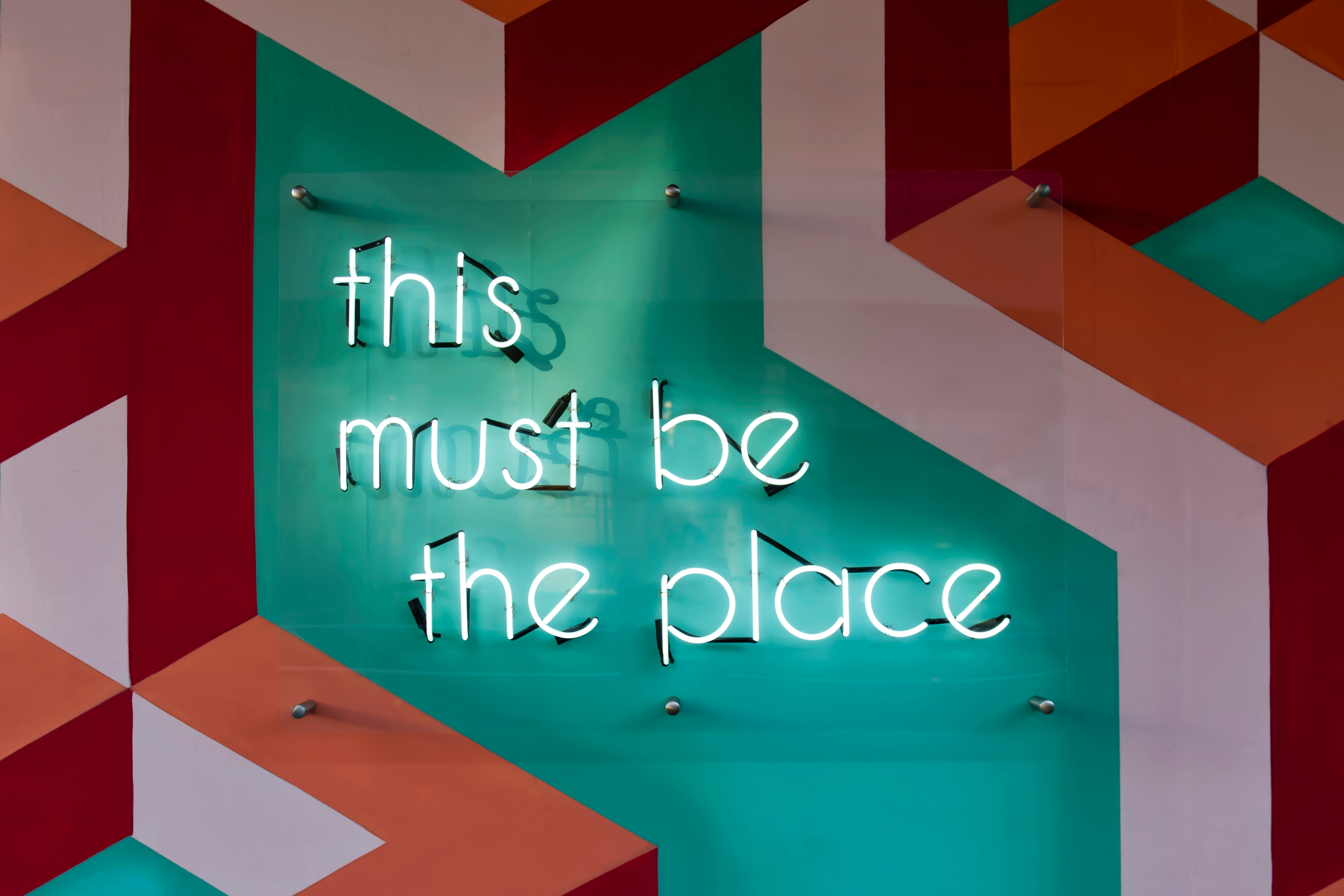
The popular book “Myths of Branding” discusses all the misunderstandings about the branding phenomenon and was written by renowned brand experts Andy Milligan and Simon Bailey. Brandchef sat down with Milligan to talk about branding hospitality and f&b brands.
In your book, you describe many cases from major brands. But how valuable is a smaller hospitality brand? What if you only have one location?
“Hospitality brands are just as valuable as any brand in any sector. In fact, they stand out in an overcrowded industry, deliver extraordinary experiences and build loyalty. In addition, many larger brands are run as franchises. For example, a company like IHG creates a brand and sets standards for its consistent implementation, but it is run by a franchisee in the same way that McDonald's runs its business. In fact, branding helps entrepreneurs with one location in three different ways: branding tells something about what makes the company special, it makes people remember you, and it helps with possible growth to multiple locations and locations. '
How do you think branding creates loyalty?
“Brands create loyalty in two ways. By consistently meeting guests' needs, they'll be more likely to return to the brand. This is because of what some people call the heuristic effort mention. One heuristic essentially means a mental shortcut. We'd rather not spend too much time choosing. So when we know we like something, the easy way out is to opt for the same thing instead of spending time and effort looking for an alternative. The second way brands create loyalty is by appealing to our self-esteem. Brands work just as much emotionally or psychologically as they do on a functional level. If you love the look and feel of a brand, or the image or lifestyle that the brand is associated with, you're likely to stay true to it. The brands we choose say a lot about our personal values and self-esteem. That's why one goes for a BMW and others for a Mercedes. Technically, they are similar cars, but the image is very different. '

In “Myths of Branding,” you're talking about how branding gets your business noticed, remarkable is.
“Yes, this happens in various ways. This is how a distinctive or unusual brand name makes you stand out. Apple stood out for the freshness of the name compared to alphanumeric names such as IBM and DEC. The visual identity is equally important. It must be unique, stand out and be applied so consistently that it attracts the attention of the target group. Thirdly, the tone of voice as part of the verbal identity. This should address your target group in an original way. Innocent Drinks achieved remarkable success on a minimal budget by putting playful quotes and funny phrases on the packaging. And then not only clearly visible, but also in the list of ingredients, for example. In my opinion, the tone of voice is still not used enough in branding. Language is one of the most important ways we build relationships or make connections. Entrepreneurs need to think about how they use language to build their brand and not just send with sales messages. '
Is there a way to measure the return on your branding investment?
“There are a number of ways to measure the return on investment. A systematic approach is brand valuation, which assigns a monetary value to the brand as a legal title and is often included on a company's balance sheet. There are different methods, but the most used ones are based on discounted cash flow-models, or an assessment of how secure future revenue streams would be for the company based on the strength of the brand.”
In your book, you say that the way branding helps differentiate or differentiate you is a gut feeling. Has this been researched?
'There is an entire research discipline called 'semiotics'. This looks at how we react to colors, words and images, for example. Semiotics partly explains the gut feeling I'm talking about, or actually the instinctive parts of our brain. '

Andy Milligan is a leading consultant in brand and business growth. He has advised large organizations on brand strategies for over thirty years and gives seminars and conferences around the world. Milligan founded the consulting firm The Caffeine Partnership in 2006, which now includes Nissan, AXA, IHG, Burberry and Saint Laurent among its customers. He has written several bestsellers about branding, including “Myths Of Branding”.
















